
Peterbilt Motors Company, an esteemed player in the trucking industry, boasts a vibrant history and an impressive global presence. In this exploration, we delve into the ownership of the company and the locations where its highly regarded trucks are created.
Ownership of Peterbilt Motors Company
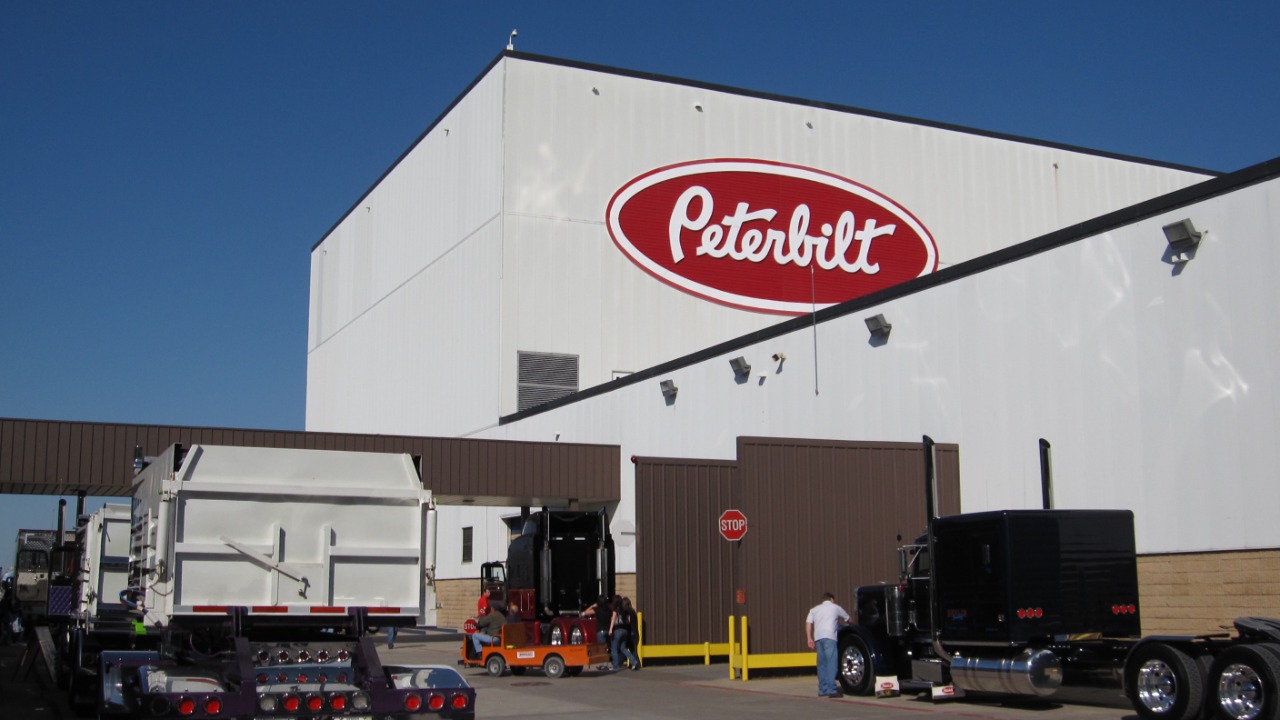
Founded in 1939, Peterbilt has been a significant player in the trucking industry from its inception. This iconic brand was born out of the vision of T.A Peterman, who desired to create custom-built, quality trucks that could withstand the rigors of the logging industry. Over the years, Peterbilt has evolved from its humble beginnings to become a global leader in the production of Class 5-8 trucks.
Currently, Peterbilt is owned by PACCAR Inc, an influential global technology company in the design, manufacture, and customer support of high-quality light-, medium-, and heavy-duty trucks. In 1958, PACCAR acquired Peterbilt, marking a significant chapter in the company’s history. This acquisition opened up new opportunities for growth and expansion, enabling Peterbilt to extend its reach and influence in the global trucking industry.
Understanding PACCAR Inc.
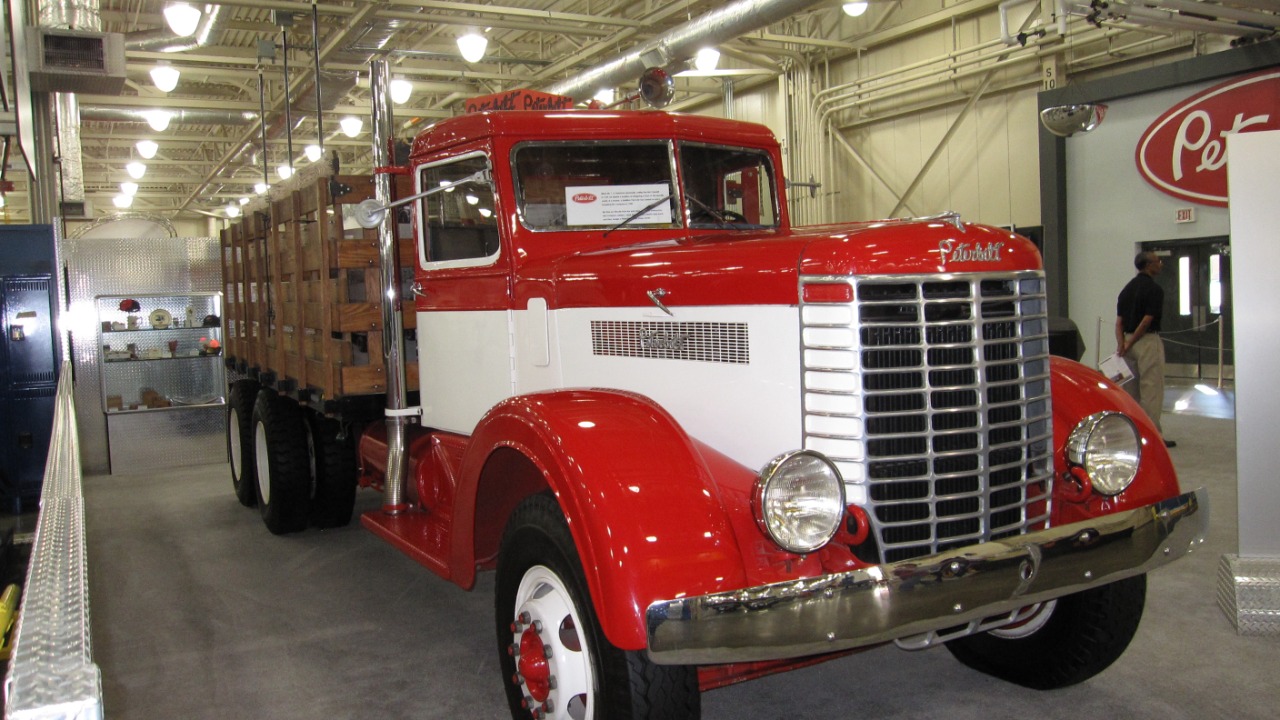
PACCAR Inc, the parent company of Peterbilt, is a powerhouse in the global trucking industry. The multinational firm is known for manufacturing some of the most reliable, efficient, and technologically advanced trucks in the world. PACCAR’s portfolio includes several renowned trucking brands, including Kenworth, which like Peterbilt, has a rich history and a strong reputation in the trucking industry. Kenworth is another American manufacturer of medium and heavy-duty trucks that has significantly contributed to PACCAR’s global success.
PACCAR’s business operations influence Peterbilt’s daily activities, from truck design to production, marketing, and customer service. The multinational firm’s commitment to quality, innovation, and customer satisfaction has greatly shaped Peterbilt’s values and operations, allowing it to maintain its high standards and competitive edge in the industry.
The Manufacturing Process of Peterbilt Trucks
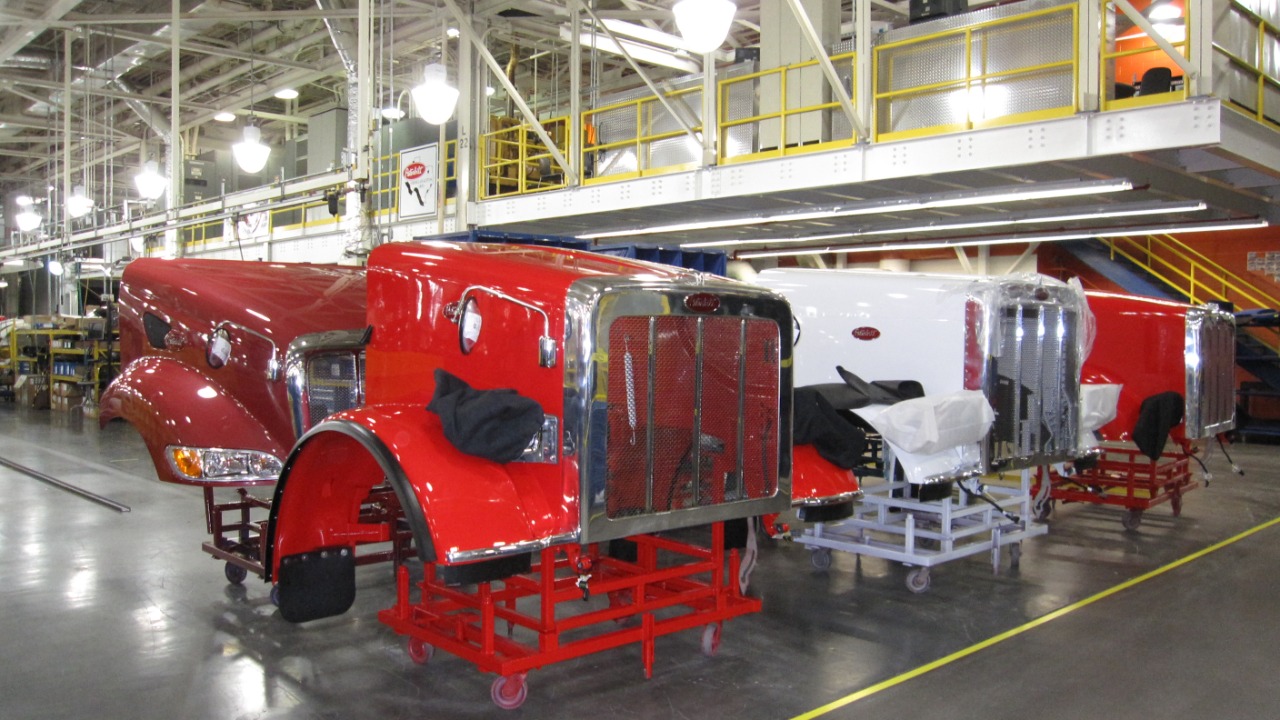
Peterbilt trucks are primarily manufactured at their main facilities in Denton, Texas. These facilities are known for their cutting-edge technology and rigorous quality control measures, ensuring that each truck produced meets the highest standards of performance, reliability, and safety. The overall manufacturing process involves several stages, from the initial design and prototyping to the final assembly and inspection.
Quality control is at the heart of Peterbilt’s manufacturing process. Each truck undergoes thorough testing to ensure it meets the company’s strict quality standards. This commitment to quality has earned Peterbilt a reputation for producing some of the most durable and reliable trucks in the industry, as seen in iconic models like the Peterbilt 359.
Peterbilt’s Embrace of Technological Advances

Peterbilt is not just known for its commitment to quality but also for its embrace of technological advancements. The company recently partnered with Aurora, a leading self-driving technology company, to incorporate autonomous driving technology into its trucks. This partnership is set to revolutionize the trucking industry by enhancing safety and efficiency on the roads.
This technology is poised to have a significant impact on the future of Peterbilt and the trucking industry at large. It is anticipated to reduce driver fatigue, increase efficiency, and ultimately revolutionize the way goods are transported. Apart from autonomous driving, Peterbilt has incorporated other technological advancements into its manufacturing process and truck designs, including advanced driver-assistance systems (ADAS) and clean-energy technologies.
Impact and Legacy of Peterbilt in the Trucking Industry
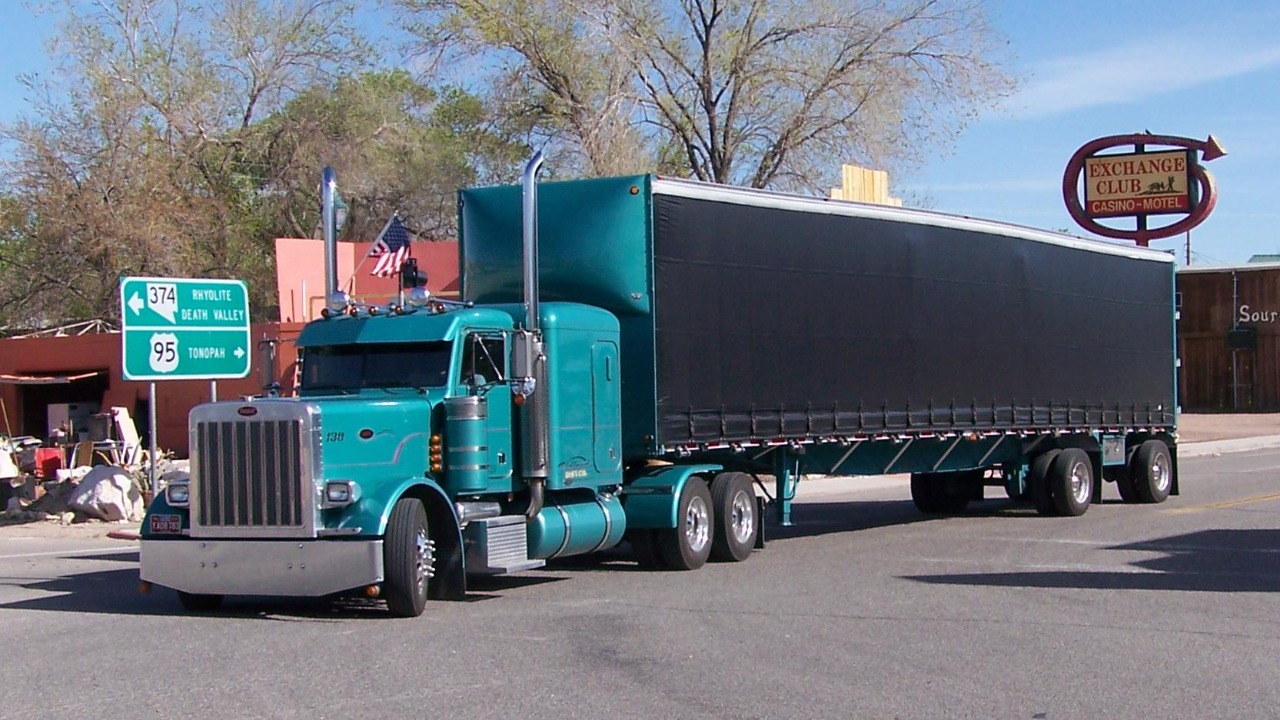
Peterbilt has had a profound impact on the trucking industry. Its commitment to quality and innovation has set the bar high, influencing industry standards and inspiring other manufacturers. Some of Peterbilt’s notable achievements include the development of the first aluminum cab and the introduction of the Model 379, which has become a symbol of American trucking.
The company’s trucks are highly popular among customers and industry experts, thanks to their durability, reliability, and advanced features. Peterbilt’s trucks are not just tools for transportation; they are a testament to the company’s legacy of excellence and innovation in the trucking industry.
Facts and Myths about Peterbilt Trucks
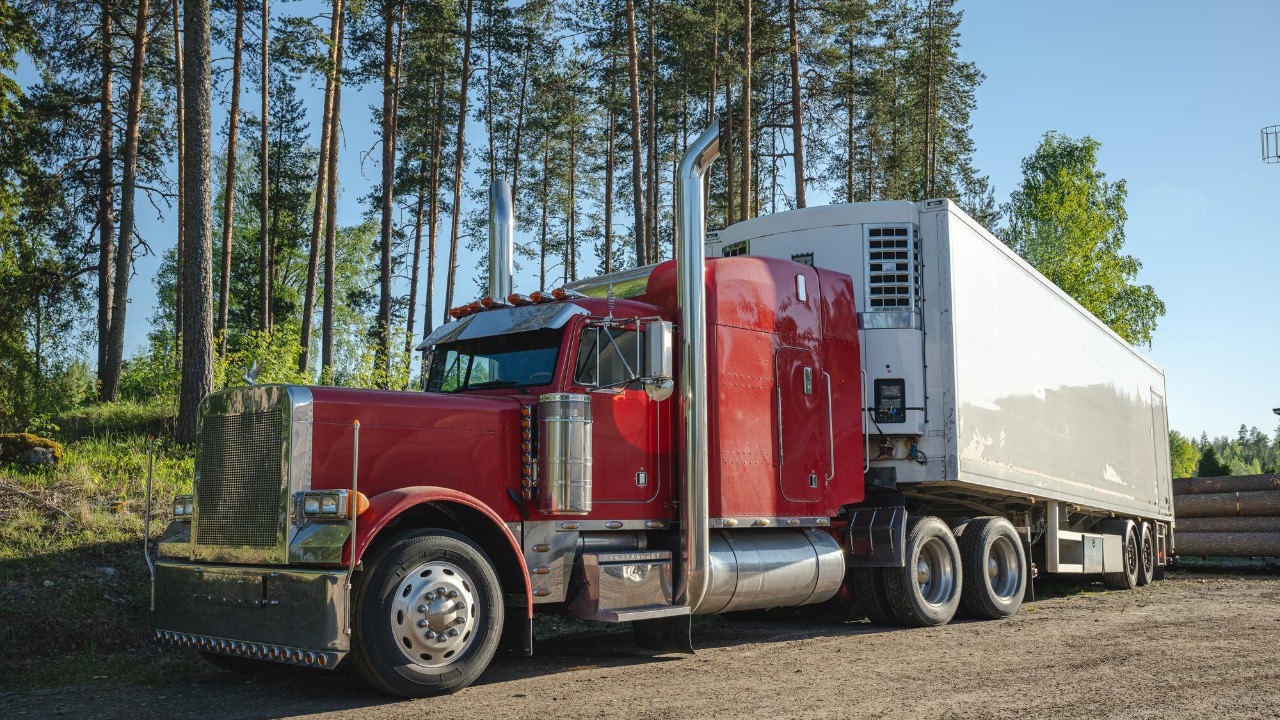
With a rich history and a prominent presence in the trucking industry, Peterbilt is surrounded by numerous myths and interesting facts. One common misconception is that all Peterbilt trucks are made entirely of aluminum. While the company was indeed the first to introduce an aluminum cab, not all parts of their trucks are made of this material. Today, Peterbilt trucks feature a combination of steel, aluminum, and other materials to ensure optimal performance and durability.
One interesting fact about Peterbilt is that the company produces custom-made trucks, allowing customers to specify every detail, from the engine and transmission to the paint color and interior design. This commitment to customization is one of the many ways Peterbilt sets itself apart in the trucking industry. The facts and myths surrounding Peterbilt have played a significant role in shaping the company’s image and reputation, contributing to its status as an industry leader.